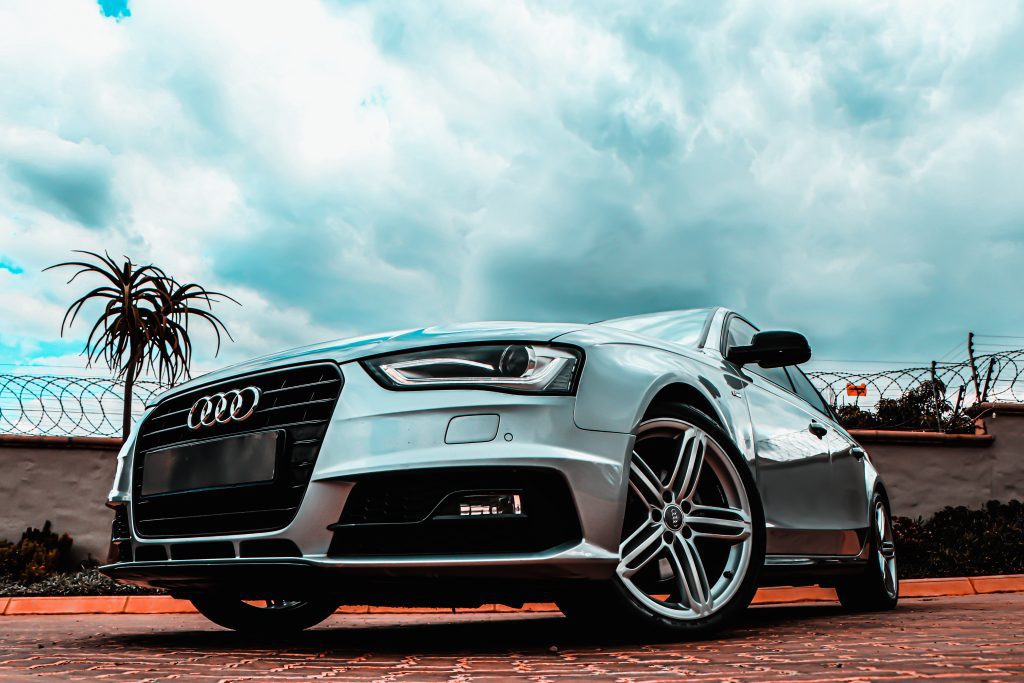In today’s fast-paced world, owning a car is more of a necessity than a luxury. Yet, not everyone can afford to buy a new car off the showroom floor. Enter the world of bank-owned cars: vehicles that have been repossessed by financial institutions due to loan defaults. These vehicles can be a golden opportunity for savvy buyers to snag a deal. Let’s delve into why bank-owned cars might just be your ticket to an affordable set of wheels.

Why Do Banks Have Cars in the First Place?
Before we delve into the benefits, it’s essential to understand why banks end up owning cars. When an individual takes out an auto loan and fails to make the necessary payments, the bank or financial institution has the right to repossess the vehicle. This action safeguards the bank’s interests, ensuring they can recoup some of their losses. Once the car is repossessed, the bank often sells it to recover the outstanding loan amount.
Advantages of Buying Bank-Owned Cars
- Cost Savings: The most evident benefit of purchasing a bank-owned car is the potential for significant savings. Banks are in the business of lending money, not selling cars. Their primary objective is to recover their money quickly. As a result, they often price these vehicles below market value to ensure a swift sale.
- Transparency: Most banks and financial institutions are reputable entities that value transparency. When selling a repossessed car, they typically provide all the necessary documentation, including any known issues with the vehicle or its history. This transparency reduces the chances of unexpected surprises down the road.
- Variety: The spectrum of bank-owned cars can be vast. From luxury sedans and SUVs to basic hatchbacks and trucks, the variety is extensive. This wide range means potential buyers have a better chance of finding a vehicle that fits their needs and budget.
- Lower Depreciation: Cars depreciate fastest in their initial years. By buying a bank-owned car, which is typically a few years old, you bypass this steep initial depreciation. This situation means that if you decide to sell the vehicle a few years later, you might do so at a price closer to what you paid for it.

Tips for Buying Bank-Owned Cars
- Research is Key: Before making a purchase, always do thorough research. Check the car’s market value, read reviews, and compare prices. Websites and platforms specializing in bank-owned cars can be invaluable resources.
- Inspect the Vehicle: Always ensure you inspect the car, preferably with a trusted mechanic. This inspection will help identify any issues or potential problems. Remember, while banks are transparent, they sell vehicles “as is,” so it’s essential to know what you’re getting into.
- Check the Paperwork: Ensure that all paperwork is in order. This check includes the car’s history, any outstanding liens, and the vehicle identification number (VIN). A clear title is crucial to avoid future complications.
- Negotiate: While the prices of bank-owned cars are already lower than market value, there’s no harm in trying to negotiate. Remember, the bank’s primary goal is to recover their money, so they might be willing to budge a little on the price.
- Understand the Buying Process: Some banks might auction their repossessed vehicles, while others might sell them directly. It’s essential to understand the purchasing process, any associated fees, and the payment methods accepted.
Conclusion
In the realm of car buying, bank-owned vehicles offer a tantalizing proposition. They provide an opportunity to own a quality car without burning a hole in your pocket. While the journey requires a bit more diligence than walking into a dealership, the potential rewards, in terms of cost savings and value, are hard to ignore. So, if you’re in the market for an affordable car, consider exploring the world of bank-owned vehicles. It might just be the deal you’ve been waiting for.



